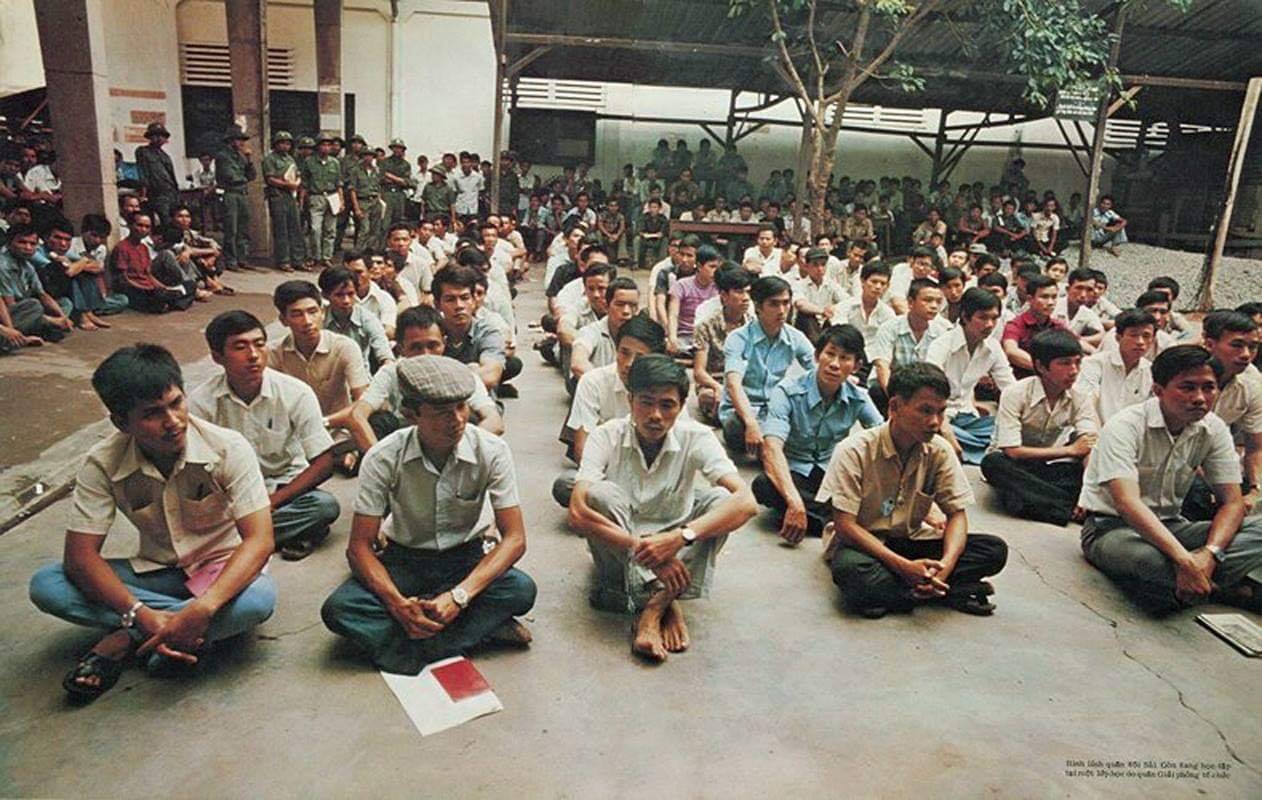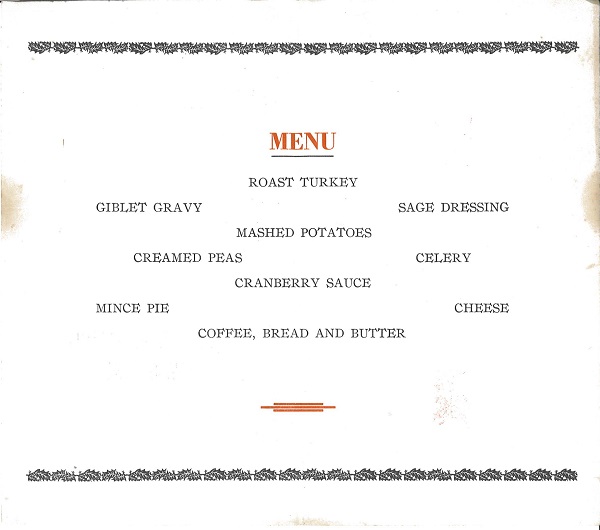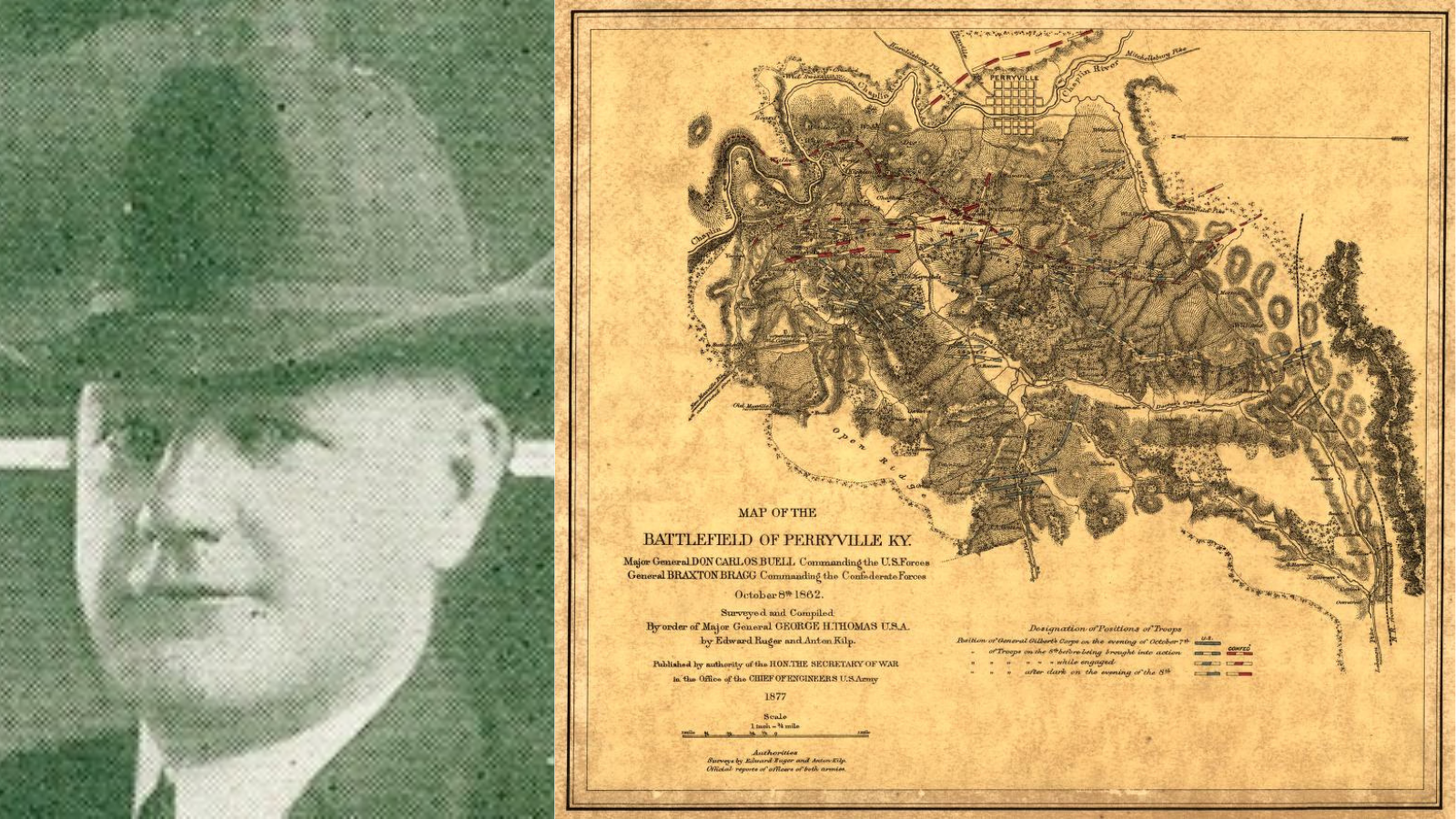
As another Thanksgiving is upon us, thoughts turn towards the traditions that surround the holiday, many of them involving food. Amid shopping, chopping, baking and barking, there may be some among us who stand in the middle of the kitchen wondering how those before us got it all done.
At the National VA History Center Archives, staff members (tired of their own frantic recipe Googling) went looking to see what past Thanksgivings looked like and were rewarded with positive results.
From a note in the Cincinnati Enquirer dated 26 November 1897, we know that several thousand pies, 500 quarts of cranberry sauce, and 25 bushels of sweet potato were on the menu. Also noted was the presence of approximately 5,000 Veterans. (The Archives team now looks upon their own more modest families, and the dishes that will need washed, a little more favorably.)
Forty years later, in 1931, very little changed, other than the oyster dressing being changed out for sage.
Interestingly, on the day this menu was used, Thanksgiving was not a legal holiday. That didn’t happen until 1941, in which the fourth Thursday of November was declared as Thanksgiving Day.
Moving forward almost 40 more years, the 1970 menu has a little more color and vibrancy, but items served changed little, with the possible exception of, again, the dressing. Here, the menu shows southern dressing. Since some team members were back to Googling recipes, it seems that Southern dressing is made with liberal amounts of sage and oysters are optional. So, really, nothing has changed.

From everyone at the VA History Office, we wish you and your family a warm, safe holiday.
Sources
By Robyn Rodgers
Senior Archivist, VA History Office and the National VA History Center
Share this story
Related Stories

Featured Stories
The Fall of Saigon 1975: A South Vietnamese Military Physician Remembers
"There was chaos in the streets when I made my way to the hospital on the morning of April 30, 1975. In a place of order, there was now great confusion. The director and vice director of the hospital were gone, making me, the chief of medicine, the highest-ranking medical officer."

Featured Stories
History of Former Whipple VA Directors Schmoll And McIntyre
Leadership change is something that happens constantly, whether it’s due to promotion, health, or other circumstances. At the Department of Veterans Affairs’ Northern Arizona Medical Center (formally known as Whipple VA Hospital) in Prescott, Arizona, directors have stayed in their position on average, three to five years. The shortest stint was 22 months, the longest was 16 years and two months. Most former directors moved on and retired elsewhere. However, two former directors, Paul N. Schmoll and Virgil I. McIntyre, either returned to or stayed in Prescott following their retirement. Both men are laid to rest at local cemeteries in the Prescott, Arizona, area.






